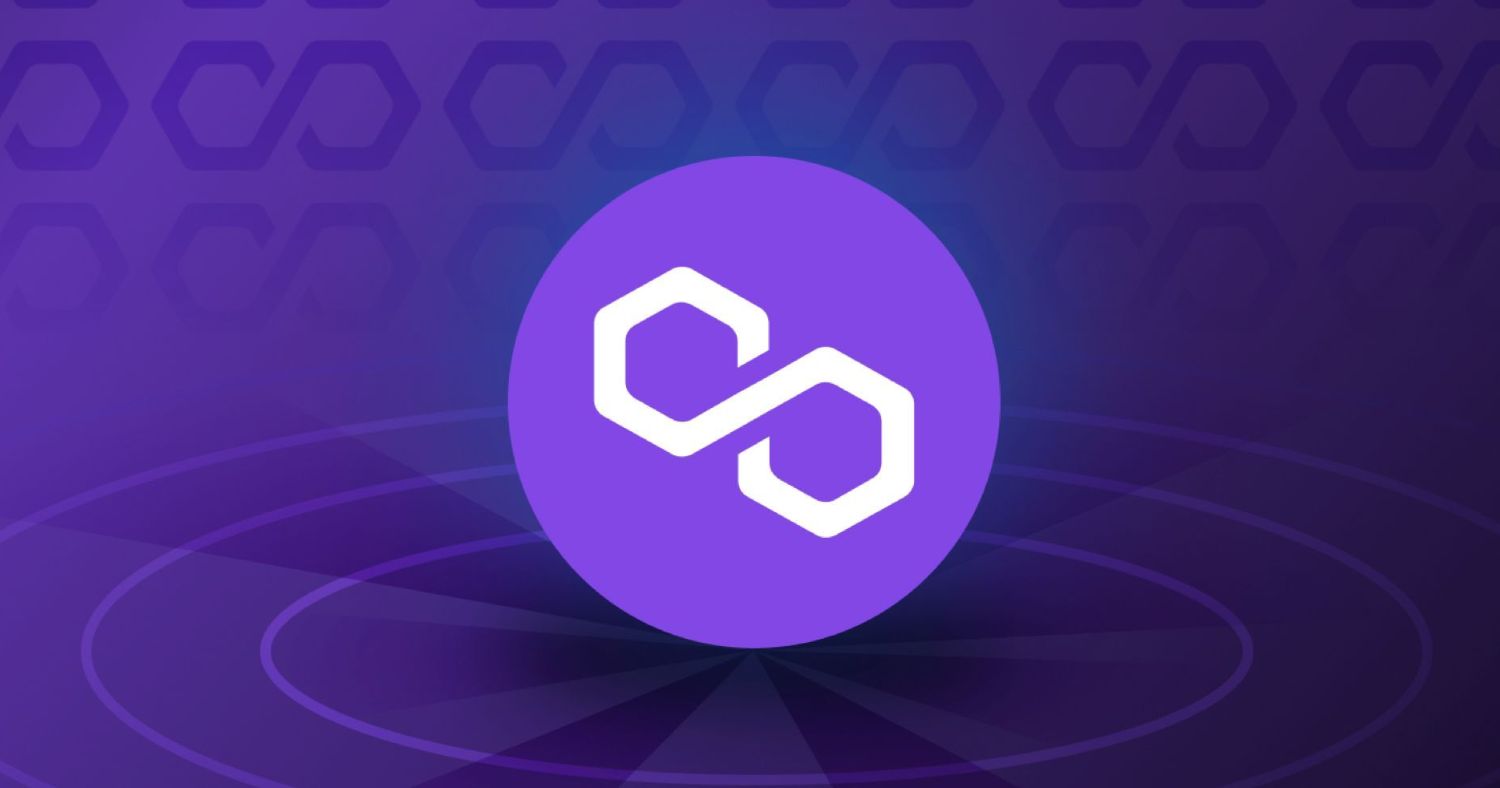In a landmark move that signals a deepening convergence between traditional finance (TradFi) and blockchain technology, Germany’s DZ Bank has successfully issued a €100 million digital bond, choosing the popular Polygon network to execute the transaction. This initiative, developed in collaboration with industrial giant Siemens, marks one of the most significant adoptions of public blockchain infrastructure by a major European financial institution to date.
Bridging Old Money with New Tech
For years, the promise of blockchain has been to make finance faster, more transparent, and more efficient. The DZ Bank issuance is a powerful demonstration of this potential in action. So, what exactly happened?
• The Asset: A traditional corporate bond, a tool companies use to raise capital, valued at €100.000.000.
• The Innovation: Instead of relying on slow, paper-based legacy systems, the bond was “tokenized.” This means it was represented as a unique digital asset on the Polygon blockchain.
• The Platform: The choice of Polygon, a well-known Ethereum scaling solution, was strategic. It offers the security and decentralization of its parent blockchain but with significantly lower transaction costs and faster settlement times—critical factors for high-value institutional transactions.
This move allowed for a near-instantaneous settlement, a stark contrast to the traditional process which can take days and involves multiple intermediaries. Siemens, acting as the investor, was able to purchase the digital bond directly from DZ Bank, streamlining the entire capital-raising process.
Why This Matters for You
This isn’t just a story for banking executives. It’s a glimpse into the future of finance and investing. The tokenization of Real-World Assets (RWAs)—like bonds, real estate, or even art—is one of the most powerful trends in the crypto space.
By placing these assets on a blockchain, they become:
1. More Accessible: In the future, large assets could be “fractionalized,” allowing smaller investors to buy a piece of a high-value bond or commercial property.
2. More Efficient: Smart contracts can automate interest payments and other corporate actions, reducing administrative overhead and potential for human error.
3. More Transparent: Every transaction is recorded on an immutable public ledger, providing unprecedented clarity and security for all parties involved.
The successful collaboration between a financial titan like DZ Bank, an industrial leader like Siemens, and a leading blockchain platform like Polygon is more than just a successful tech trial. It’s a powerful validation that the digital asset revolution is moving from the fringes to the very core of the global financial system. The bridge between TradFi and DeFi is not just being built; it’s now open for traffic.




